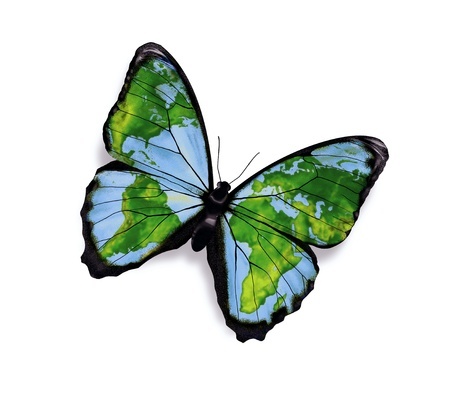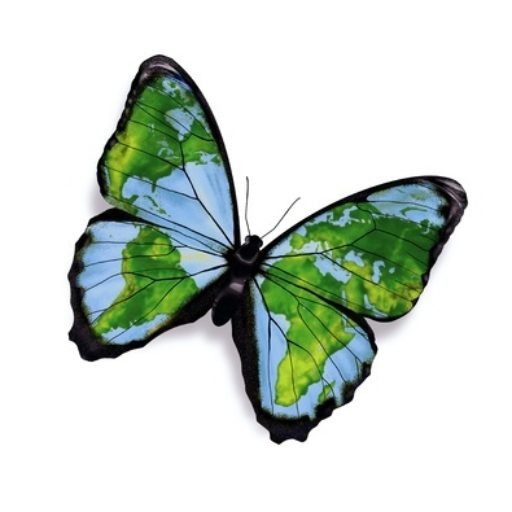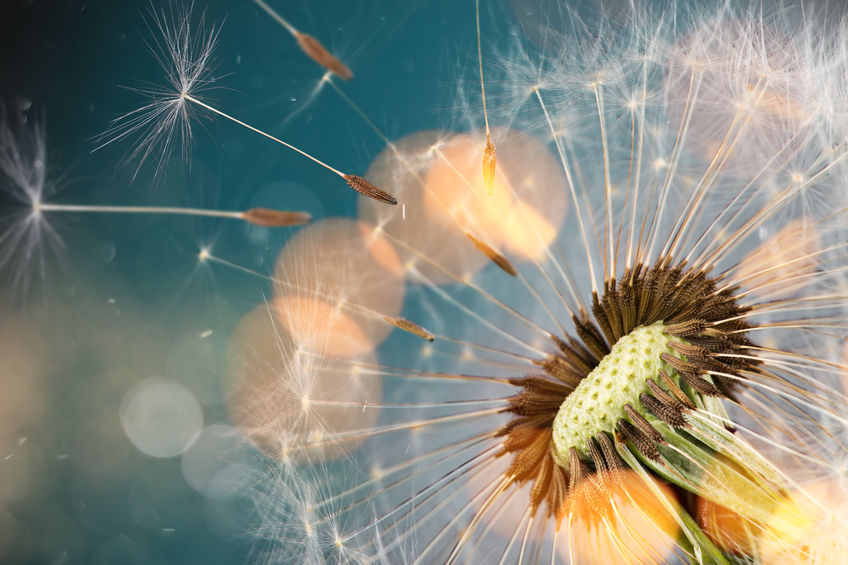
We now enter a season that holds within it an invitation for gratitude. Yet in our troubling times, it can seem too great a task to appreciate the gift of being stewards and witnesses, when much of what we love is disrupted. In times like these, we often turn to wise writings, and so I’ll share a few that are helping me light the way forward. May they do the same for you.
Come from Gratitude
In her book Active Hope, Joanna Macy advises us to come from gratitude in our work. Gratitude, according to Macy, helps to build a “context of trust and psychological buoyancy” that is required to face difficult realities. It connects us to our deeply held commitments to self and to our world, and strengthens our capacity to “look at, rather than turn away from, disturbing information” and events.
In my work alongside Native communities, I’ve appreciated when meetings open with a prayer to start our work off in a good way. We are reminded of the larger calling of our task and to appreciate the opportunity we are given to come together with purpose. I recently participated in an online conference that opened with a meditation. Participants were invited turn off their video, to place their feet firmly on the ground, and to imagine all the other participants’ feet placed on the same planet Earth. This simple visualization literally grounded us and helped to build our sense of community and shared purpose.
Live the Questions
In Letters to a Young Poet, Rainer Maria Rilke advises that we embrace the complexity and ambiguity of our lives by living and loving the questions that arise from our not knowing. “Have patience with all that is unresolved in your heart and try to love the questions themselves, like closed rooms, like books written in a foreign language,” he writes. Gradually, we will one day live into the answers. Not through force, but through a co-creative reciprocity with the world around us.
Living the questions is particularly important when working with complex challenges, such as housing, child care or behavioral health. As I wrote recently in Flow Like a River, when working within complexity we cannot know every step of the way and there is no “silver bullet” answer. I spend a lot of time constructing the right “critical questions” when working with a group. What is it that we really need to talk about? How might we engage one another to open new ways of thinking and doing, together? By engaging with purpose, perhaps we can live into answers that move us forward, in a good way.
Embrace our Interconnectedness
Activist Grace Lee Boggs wrote, “We never know how our small activities will affect others through the invisible fabric of our connectedness. In this exquisitely connected world, it’s never a question of ‘critical mass.’ It’s always about critical connections.” A similar concept found in science is the Butterfly Effect, in which small changes can lead to large-scale and unpredictable effects in the future.
Boggs’ observation reminds us that the HOW of our work is as important as the WHAT. In my work with multi-sector community collaborations, we’ll often consider how to engage partners in ways that invite authentic participation. How are we deepening empathy and building trust through our work? How do we show up in ways that welcome a sense of belonging? It is in tending to the “critical connections” that we see our work flourish and grow.
Knowing our actions can have effect far beyond our immediate experience is both inspiring and humbling. Moving forward without all the answers, as Rilke counsels, requires courage and curiosity. Cultivating gratitude within these challenges can be, well, challenging. And so, I often turn to poet Mary Oliver to provide succor, as she does so beautifully in her poem Wild Geese.
Wild Geese by Mary Oliver
You do not have to be good.
You do not have to walk on your knees
for a hundred miles through the desert, repenting.
You only have to let the soft animal of your body
love what it loves.
Tell me about despair, yours, and I will tell you mine.
Meanwhile the world goes on.
Meanwhile the sun and the clear pebbles of the rain
are moving across the landscapes,
over the prairies and the deep trees,
the mountains and the rivers.
Meanwhile the wild geese, high in the clean blue air,
are heading home again.
Whoever you are, no matter how lonely,
the world offers itself to your imagination,
calls to you like the wild geese, harsh and exciting—
over and over announcing your place
in the family of things.
Let me know what you think. And may we always remember our place in the family of wild things.


Perfect. Thank you.
Deb – thank you for the words about being with the questions.